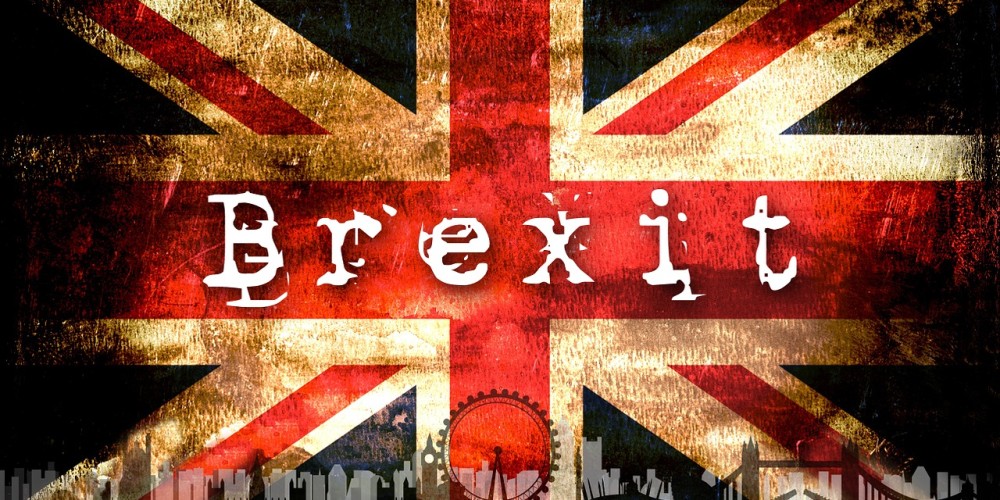What did the United Kingdom just do?

The market reactions said it all: the pound plunged to levels last seen in the 1980s. British shares endured a bloodbath, some losing a third of their value. That tells you that no one had factored in a ‘Brexit’ – Britain voting to exit the European Union. I know I hadn’t – I never thought the final vote would be for anything other than to remain in the EU.
I get the feeling even the ‘Leave’ proponents were not expecting to win. All they probably wanted was a strong showing in the referendum, to allow them to hold sway in future negotiations with Europe. Yet here they are, on decidedly murky ground, unsure how to proceed from their victory. Both the ruling Conservative party and the opposition Labour have been plunged into disarray by the result. Europe’s bigwigs are angry and pushing for a quick exit by Britain, and look unlikely to make any concessions. We may even see a ‘disunited’ kingdom soon, as Scotland expresses its desire to be hooked up with Europe rather than England…
The economy looks panic-stricken, and has suffered a ratings downgrade. Big businesses are making plans to relocate their headquarters away from the UK. Britain’s own expatriates in EU countries, 1.2 million of them, are left stranded.
How did we get here? How did pollsters, pundits and investors get this referendum vote so wrong, and why did we all go to bed on 23rd June expecting to wake up with a ‘Remain’ result?
Subsequent analysis shows some pretty sharp patterns in the voting. People who were better off generally voted to stay in Europe; the poor mostly wanted out. The young voted heavily to stay; the old to exit. City folk saw the point of Europe; rural England generally didn’t. What is this telling us?
To those of a certain way of life – educated, with a decent income, upwardly mobile, well-travelled – the European experiment makes perfect sense. They wanted to stay in, to take advantage of wider opportunities. So did the big businesses that span Europe or sell into the EU. And those were all the shocked people last Friday morning.
This vote was won by a completely different group: those who feel locked into poverty and feel the current setup offers them very little. They are not fed up of the system of being in Europe – they in fact know very little of it. But being poor, fed-up and desperate, they will vote for change – any change.
The complacent educated class thought these folks would see the point and vote sensibly. The canny Leave camp saw that they were ripe for the taking. This is a common trend across the world: the poor get left out of growth, and they respond by voting for candidates and policies the elite find incomprehensible.
I wrote here in 2013: we keep ignoring slums and rural pockets of poverty. We watch them become violence hotspots and the source of rampant insecurity, and we keep looking away. We imagine something called “pro-business” is different from “pro-poor.”
My words then: “So the poor will choose their leaders and their policies, and their sheer numbers will propel those leaders into power. The rest of us may look on nervously, but the graffiti is on the wall. The days of genteel selections in quiet boardrooms are over.”
The Leave camp exploited the poor to the hilt. They played on their fears about immigrants being the source of their problems. They campaigned on emotion, rather than economics. They even lied about controlling immigration, or about how money ostensibly saved by withdrawing from Europe would be spent on the poor. But the point is: they won.
If educated elites want to keep mocking the thinking of the poor, they had better be ready to be governed by louts and loudmouths. We leave the uneducated to stew in poverty prisons, then look surprised when they recoil. But who delivers them to racists and rabble-rousers in the first place, ready to believe gibberish?
Let me be clear: there was a perfectly sound intellectual case to be made for leaving the EU. It is not at all clear that a new, disruptive, tech-driven economy is best run from the distant boardrooms of aloof bureaucrats. But that case was never really made, and would not have won.
If you want the poor and the uneducated to vote with you: get down to where they are and understand them first. See where their fears come from, and don’t dismiss them as ridiculous. Offer believable solutions to their problems. Otherwise, prepare for chaos.
(Sunday Nation, 3 July 2016)

Buy Sunny Bindra's new book
The X in CX
here »
Popular Posts
- How to listen, really listenNovember 16, 2025
- Here’s why you should become foolishNovember 30, 2025
- Is AI hiring your company into oblivion?November 23, 2025
- Confessions of an explaining personDecember 7, 2025
- NY’s wake-up call to the old guardNovember 9, 2025















